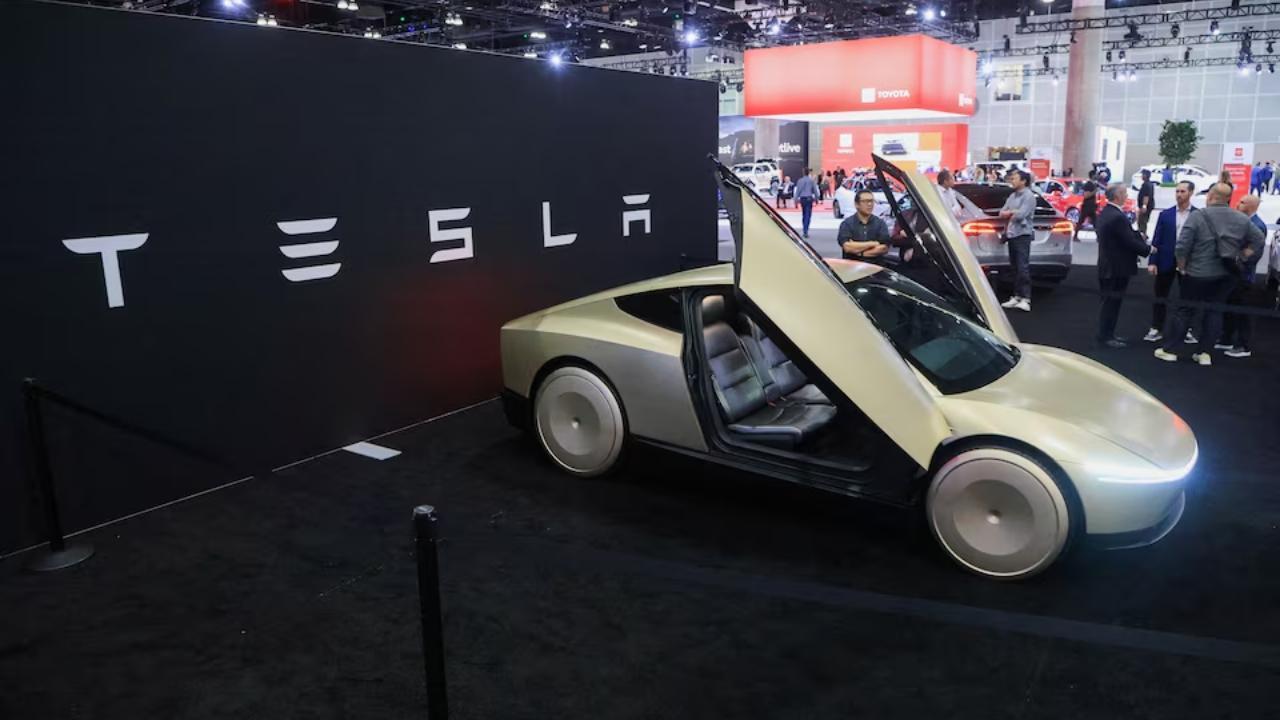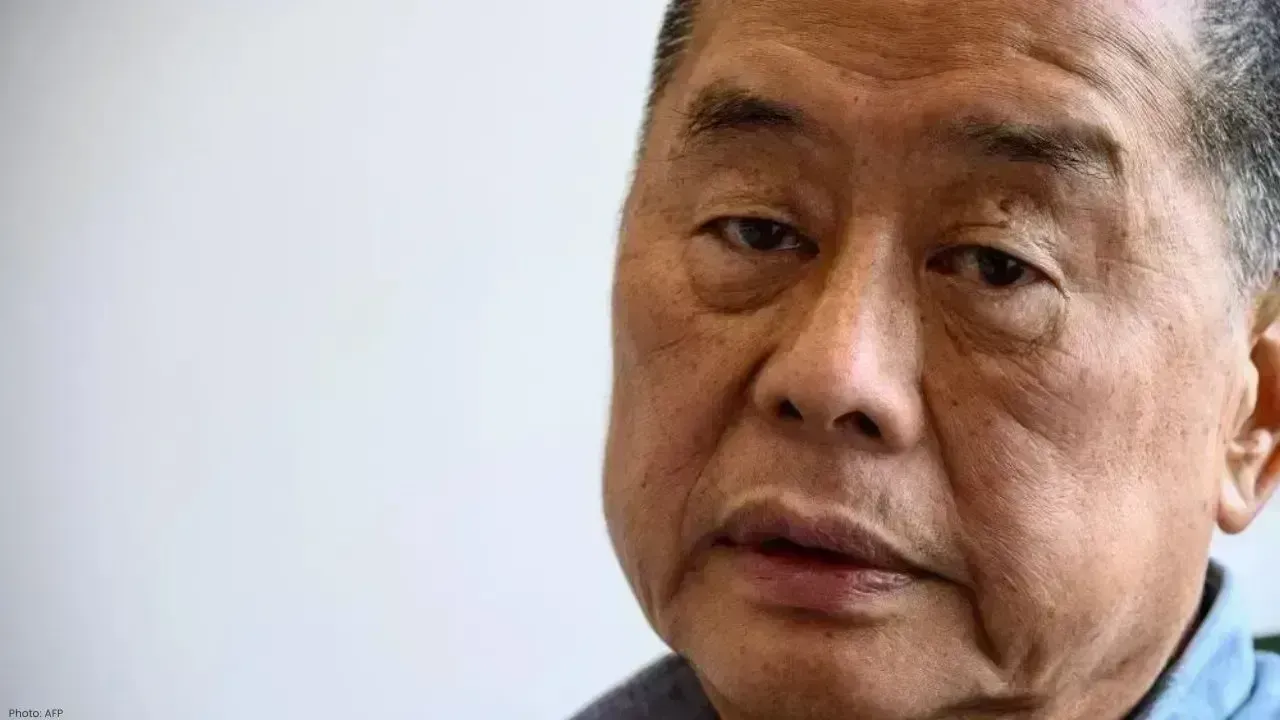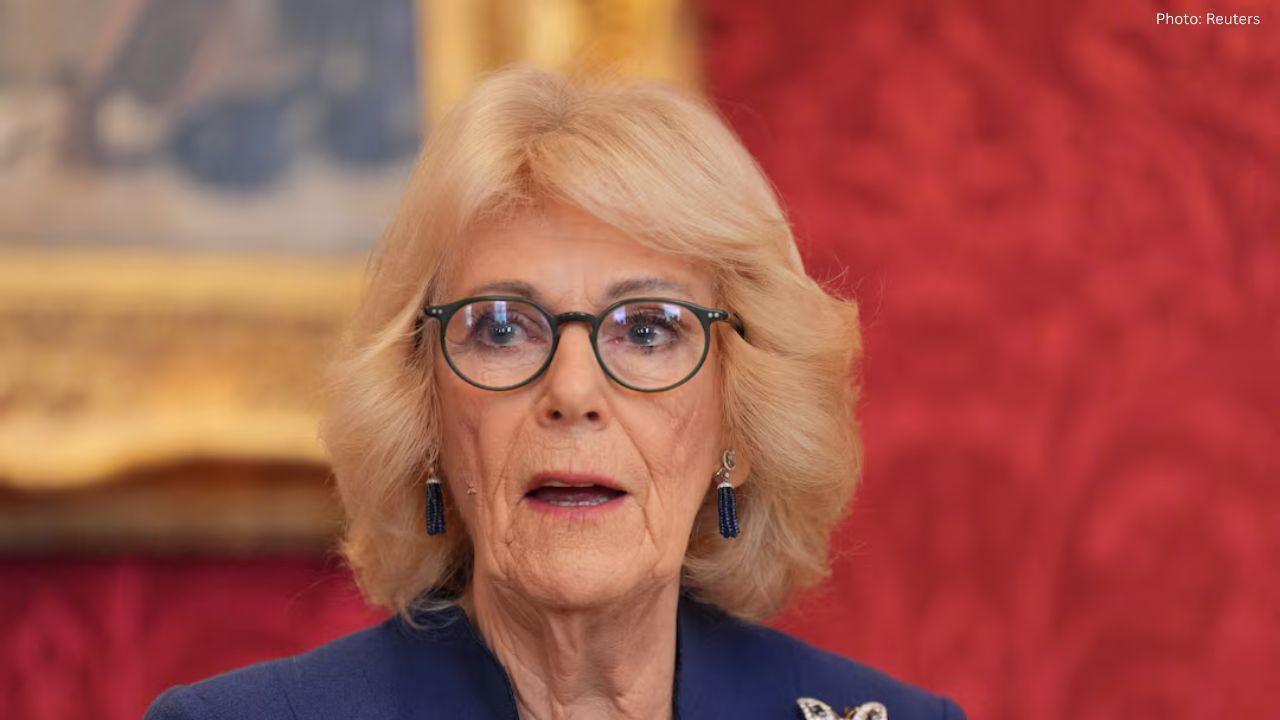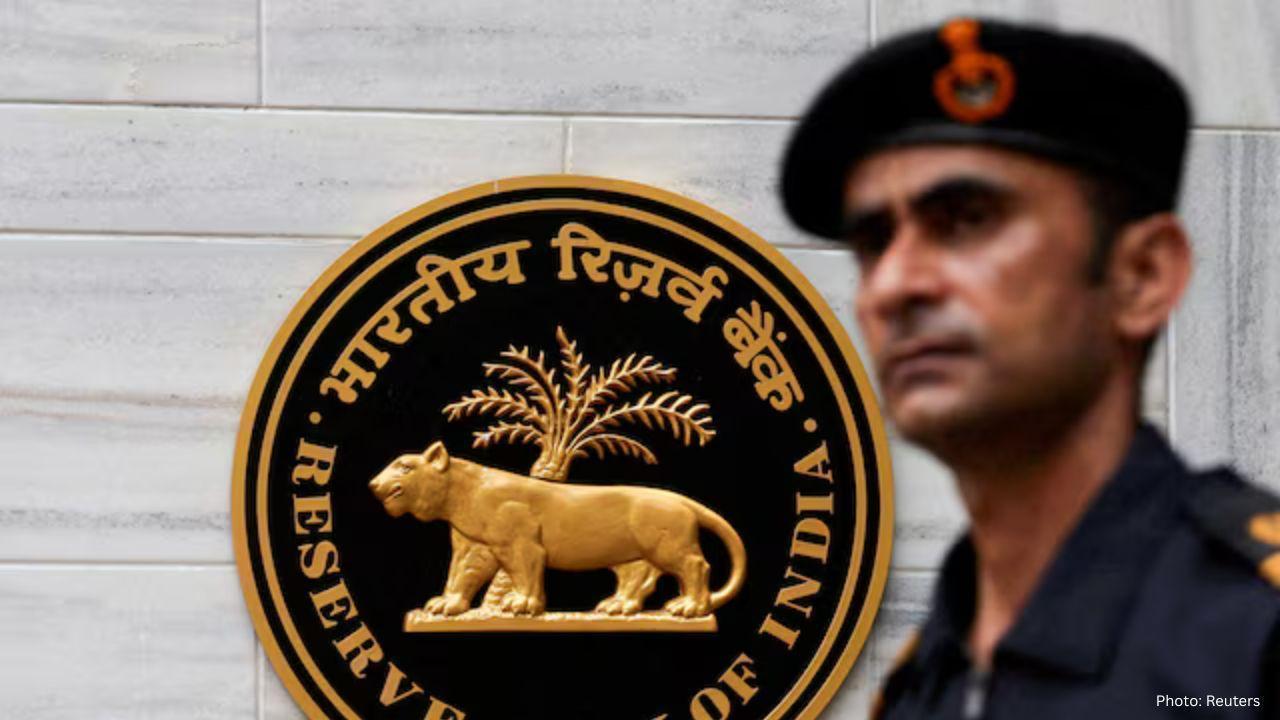You have not yet added any article to your bookmarks!

Join 10k+ people to get notified about new posts, news and tips.
Do not worry we don't spam!

Post by : Anis Farhan
Photo: Reuters
In a bold move that could reshape the future of electric vehicle manufacturing, Elon Musk announced that Tesla has finalized a $16.5 billion chip supply deal with Samsung Electronics. The agreement, which is among the largest of its kind in the automotive sector, is expected to provide Tesla with a long-term and stable supply of advanced semiconductor components critical for powering its expanding lineup of electric vehicles.
This multi-year partnership signals Tesla’s aggressive strategy to safeguard its operations against ongoing global chip shortages and rising competition in the electric mobility market. Musk stated that the deal would focus primarily on next-generation chips designed using Samsung’s cutting-edge 4-nanometer process technology. These chips will be deployed in Tesla’s upcoming full self-driving (FSD) hardware, autonomous driving platforms, and vehicle control systems.
The deal also marks one of the most substantial collaborations between an automaker and a semiconductor manufacturer. For Samsung, this partnership enhances its position as a leading supplier of automotive-grade chips at a time when demand is soaring. The Korean tech giant has already made significant investments into its foundry business and has been aggressively chasing large-scale contracts across industries. Partnering with Tesla — a market leader in EV innovation — gives Samsung a strategic edge in a fiercely competitive semiconductor landscape.
Industry analysts are calling this a win-win for both companies. For Tesla, the deal locks in access to critical hardware for its high-performance computing systems, particularly as it plans to scale its driver-assistance technologies and AI-driven software. For Samsung, it provides a long-term revenue stream and technological validation from one of the world’s most talked-about tech-driven companies.
While Musk did not disclose the exact timeline of chip deliveries, sources close to the matter suggest that the initial batches could start reaching Tesla's facilities as early as the first quarter of next year. The chips will likely be used in the new FSD Hardware 5.0 platform, which Tesla is expected to integrate into both its premium and mass-market vehicles. These components are believed to offer enhanced processing speeds, lower energy consumption, and improved reliability — all of which are crucial for enabling safer and smarter autonomous vehicles.
This agreement also reflects how Tesla is actively working to control its supply chain more tightly. The auto industry has faced immense pressure due to chip shortages in the past few years, which disrupted production schedules and delayed deliveries across the board. Tesla has attempted to mitigate this by designing its own chips and forming exclusive supplier deals, and the Samsung agreement is a continuation of that strategy.
Moreover, the partnership comes at a time when competition in the EV sector is intensifying globally. Chinese EV makers like BYD and NIO are rapidly gaining traction, and traditional automakers such as Ford, General Motors, and Volkswagen are heavily investing in their own electric and autonomous vehicle programs. In this context, securing a stable chip supply gives Tesla a critical edge, enabling the company to maintain its production goals and deliver on the increasingly sophisticated technology it promises consumers.
From Samsung's point of view, this deal helps diversify its chip client portfolio beyond consumer electronics and data centers. With automotive-grade chips becoming a growth area due to their complexity and higher margins, Samsung is betting big on scaling this vertical. The Tesla deal not only adds credibility to its automotive offerings but also positions the company as a viable competitor to rivals like Taiwan’s TSMC in the global foundry business.
Regulatory filings are expected to follow in the coming weeks, with both companies working closely to align on timelines, logistics, and quality benchmarks. Analysts believe the financial terms of the deal — valued at $16.5 billion — make it one of the largest such contracts ever signed in the automotive chip sector. That amount speaks volumes about the strategic importance Tesla places on long-term component security, especially as AI and autonomous functions become the heart of its product roadmap.
Interestingly, this announcement follows a series of similar moves by Tesla, where it has sought to enter into long-term agreements for lithium, rare earth materials, and battery components. It’s clear that the company is on a path to vertically integrate key parts of its manufacturing ecosystem to reduce risk, optimize costs, and ensure delivery stability.
In terms of consumer impact, the benefits may be seen in the form of better vehicle performance, smoother AI capabilities, and faster rollout of software updates. Tesla owners could also see improvements in features like real-time traffic analysis, intelligent route planning, and more advanced driver-assistance capabilities as the new chips begin to power core vehicle systems.
Although neither Tesla nor Samsung has released detailed public statements beyond Musk’s confirmation, market reactions have been generally positive. Tesla shares rose modestly following the announcement, and Samsung’s semiconductor division is expected to see a significant revenue boost starting in the next fiscal year.
What remains to be seen is how quickly both companies can operationalize this agreement at scale. The production of 4nm chips is technically demanding and requires high precision. Given the sheer volume of Tesla’s needs and the complexity of integration, industry observers will be watching closely to assess whether the partnership meets its ambitious goals.
Still, the announcement sets the tone for a new era in which automakers and chipmakers are more closely intertwined than ever before. With the future of vehicles becoming more software-driven and intelligent, partnerships like this may soon become the norm rather than the exception.
This article has been exclusively prepared for Newsible Asia. It relies solely on publicly available information and does not include any hyperlinks or external references. The content has been crafted to reflect the current business environment and developments surrounding the Tesla-Samsung partnership. Newsible Asia maintains full editorial independence and does not endorse any entity involved.










Ranveer Singh’s Dhurandhar Hits ₹1000 Cr Despite Gulf Ban Loss
Dhurandhar crosses ₹1000 crore globally but loses $10M as Gulf nations ban the film. Fans in holiday

China Claims India-Pakistan Peace Role Amid India’s Firm Denial
China claims to have mediated peace between India and Pakistan, but India rejects third-party involv

Mel Gibson and Rosalind Ross Split After Nearly a Decade Together
Mel Gibson and Rosalind Ross confirm split after nearly a year. They will continue co-parenting thei

Rashmika Mandanna, Vijay Deverakonda Set to Marry on Feb 26
Rashmika Mandanna and Vijay Deverakonda are reportedly set to marry on February 26, 2026, in a priva

FIFA Stands by 2026 World Cup Ticket Prices Despite Fan Criticism
FIFA defends the high ticket prices for the 2026 World Cup, introducing a $60 tier to make matches m

Trump Claims He Ended India-Pakistan War, Faces Strong Denial
Donald Trump says he brokered the ceasefire between India and Pakistan and resolved eight wars, but